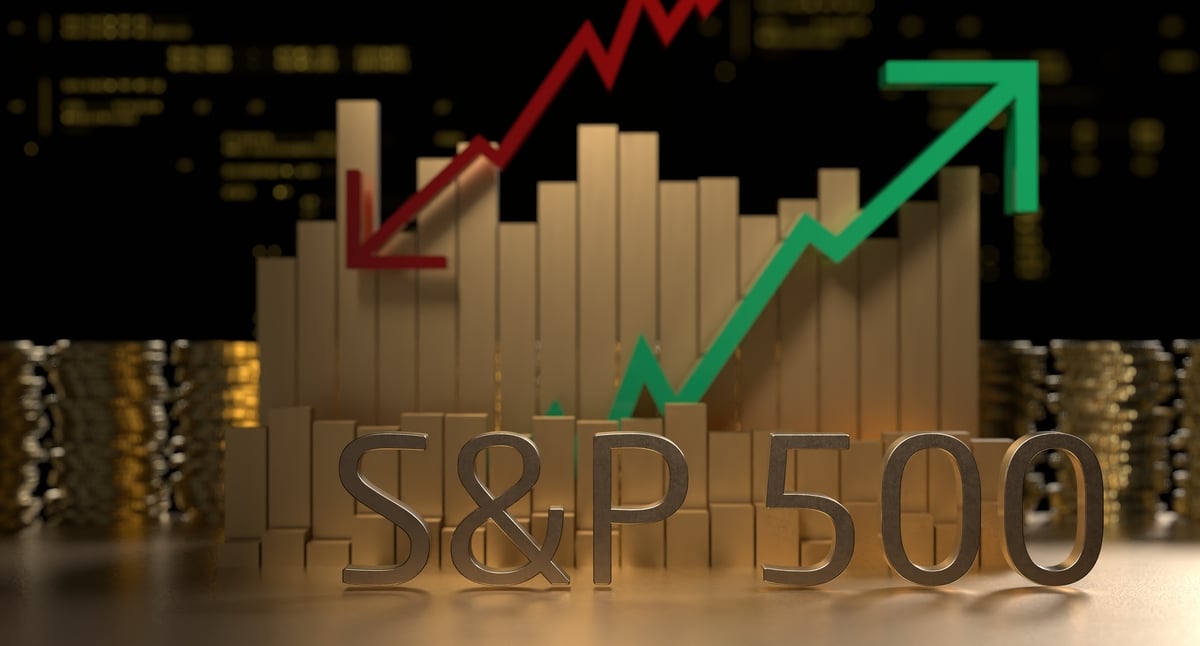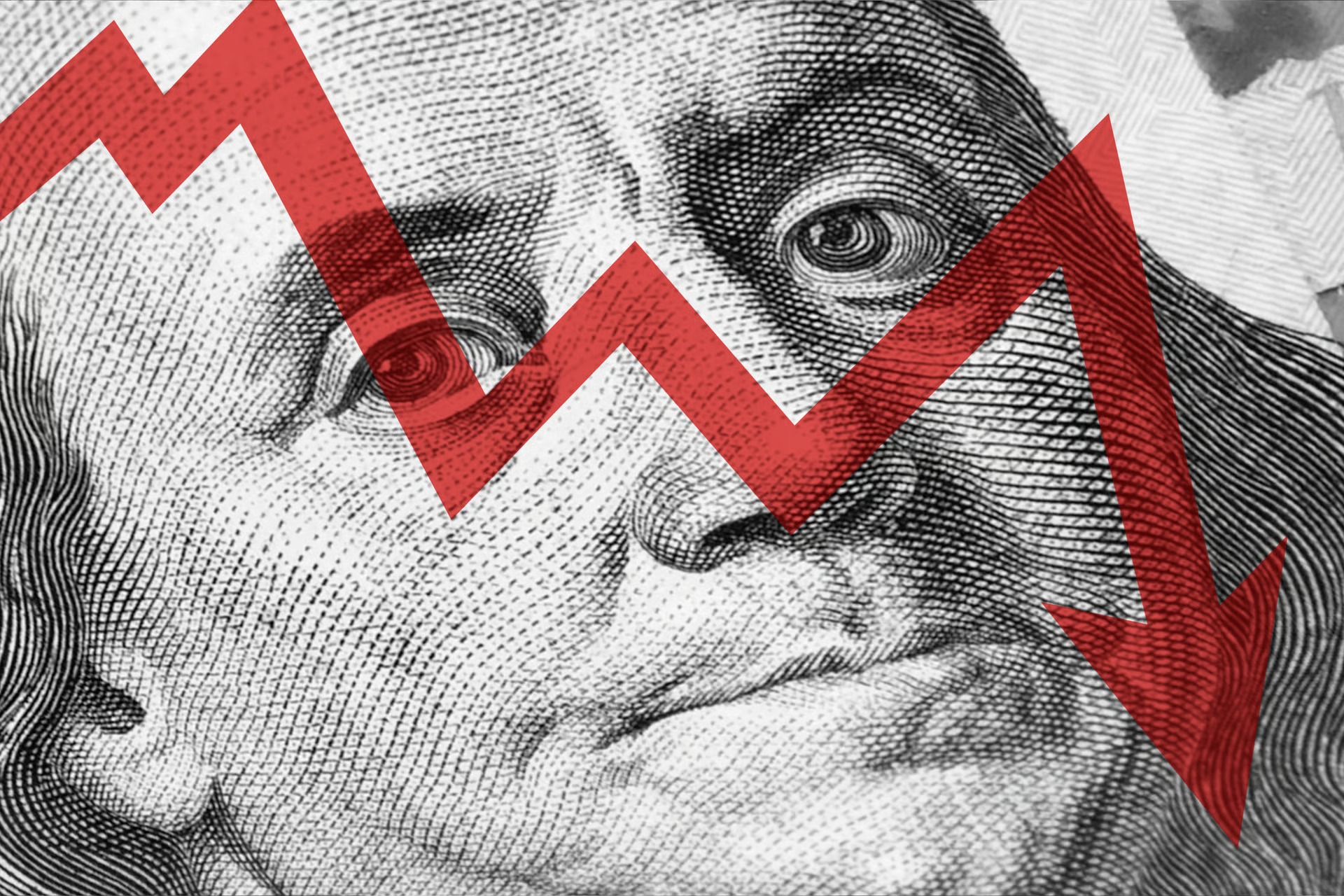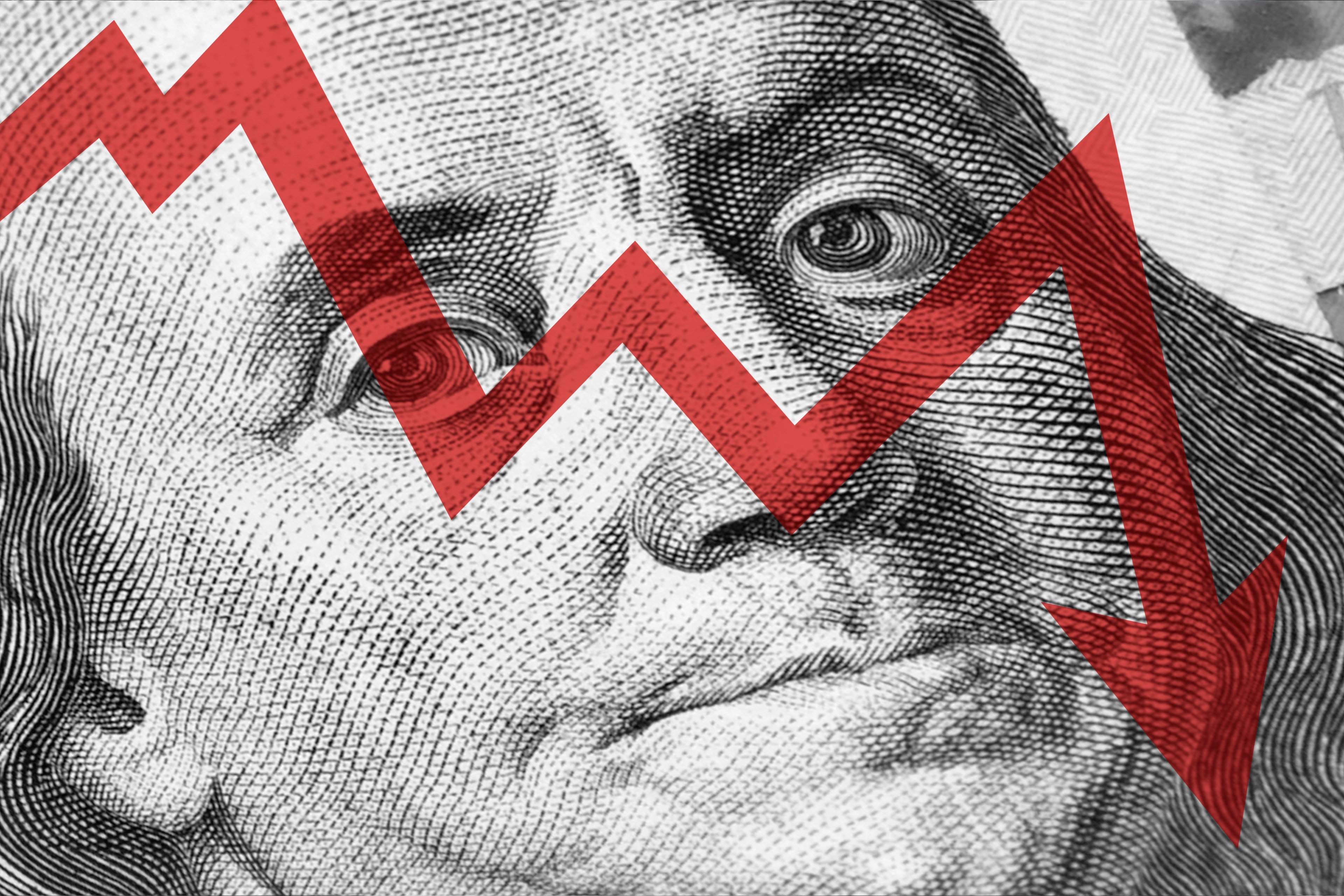There have been a lot of mixed signals about the state of the economy and where it could be headed toward the latter half of 2023. Between people reading into inflation dropping, the Federal Reserve raising interest rates, and banking industry concerns, there's a lot to read into. Too much, honestly.
Nobody can say for certain if a recession will happen, but with recession fears looming, it's always better to be overprepared than underprepared.
A recession is likely to come with noticeable drops in the stock market, but the one thing you want to avoid is panic-selling, which is when an investor sells shares because they fear potential losses. It's more of an emotionally driven decision than a rational one.

Image source: Getty Images.
You may get an unwanted tax bill
One of the immediate reasons you want to avoid panic-selling is because it could spark a tax bill. The tax rate you pay depends on how long you held the shares. Capital gains on shares held less than a year are taxed at your regular income tax rate. Capital gains on shares held a year or longer are taxed at your capital gains rate.
For example, suppose someone bought 2,000 shares of Nio close to its initial public offering at $7 each. After peaking in January 2021 at around $60 per share, Nio's stock has declined by over 80%. If an investor saw Nio's stock plunging and decided to sell at $40 per share, they would've made $66,000 in capital gains.
Unless their income is $41,675 or less ($83,350 or less if married and filing jointly), they'd owe at least 15% on the $66,000 in capital gains. That's at least a $9,900 tax bill. On the high side, it could be $13,200.
The objective of investing is to make money, so $66,000 in profit isn't a bad thing by any means. It's just important for investors to know the tax implications behind selling shares so you're not caught off guard by Uncle Sam.
Don't make shortsighted decisions
Panic-selling stocks can have present-day consequences (taxes), but what could be more impactful is the future consequences it could have. More specifically, you lose the opportunity for those shares to produce future gains.
Let's go back to the last recession in the U.S., the Great Recession caused by the financial crisis. The S&P 500 -- whose performance is used to gauge the stock market -- fell by around 48% from August 2008 to March 2009. Investors who may have sold their shares near or at the bottom have missed out on extraordinary gains since then.
The S&P 500 is now up over 640% since its March 2009 lows, even after hitting bear market territory in 2022.
DATA BY YCharts
Imagine if someone sold $20,000 worth of S&P 500 shares near the bottom in March 2009. Those same shares would be worth around $148,000 today.
You don't want to find yourself selling shares and then having to buy them at higher prices later on.
Likely just a bump in the road
Investors shouldn't shrug off recessions like they're nothing; they have real consequences, regardless if you're personally affected. However, stock-wise, they're usually just bumps in the road.
Not all businesses make it through recessions, but history has shown that most blue chip companies and all major indexes will bounce back at some point. It may not be in months or even years, but it will happen eventually. It took the S&P 500 over five years to reach its pre-Great Recession levels.
Past results don't guarantee future performance, as they say, but there's no real reason to believe anything will be different this time. If you have time on your side, it's best to keep a long-term perspective. You don't want to make potentially shortsighted moves (like panic-selling) that go against your long-term interest.
Does this mean you should never sell shares during down periods? Not at all. Sometimes it's best to cut your losses on a failing business and at least get something out of it. It does mean that if you're investing for the long term, you shouldn't be deterred by down periods.






